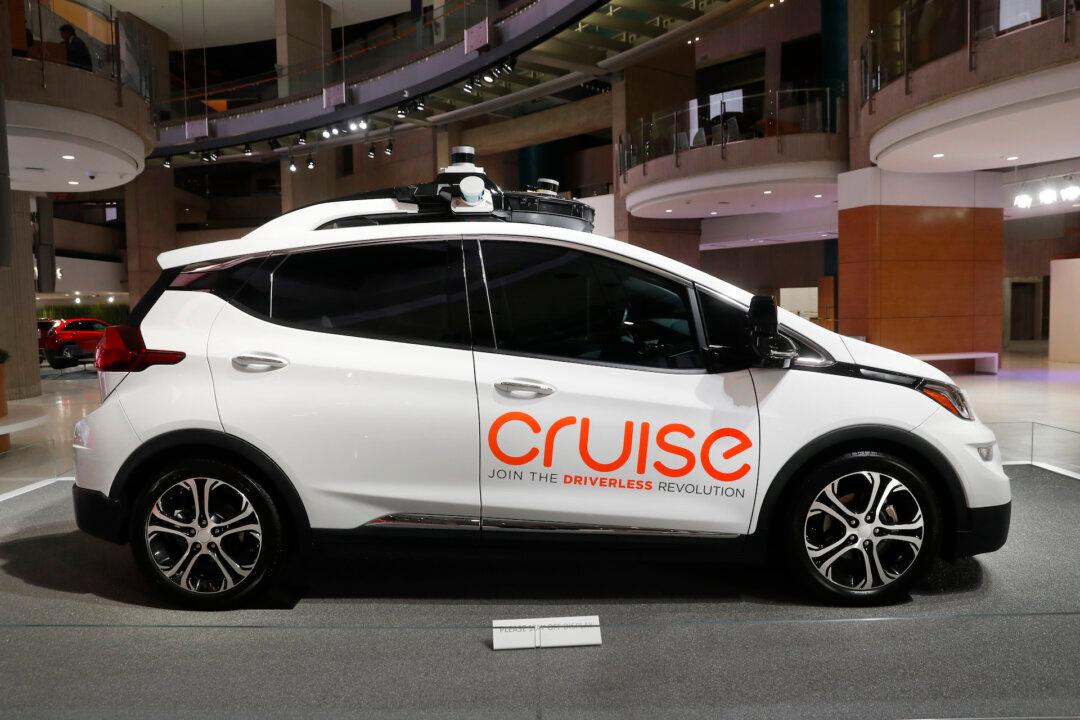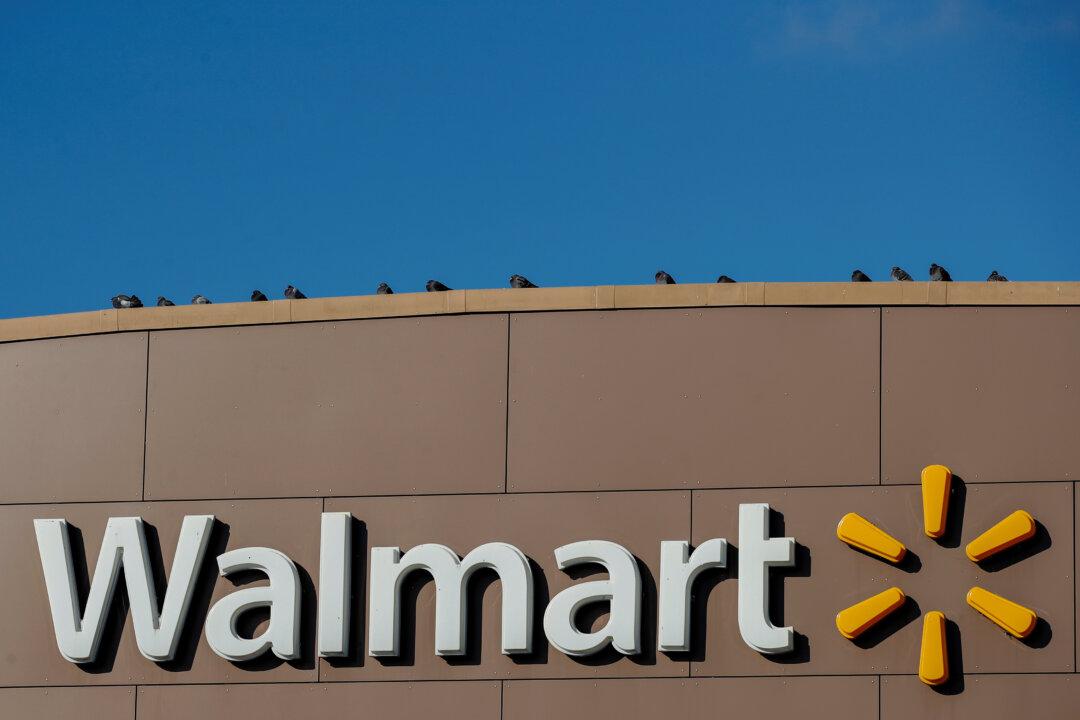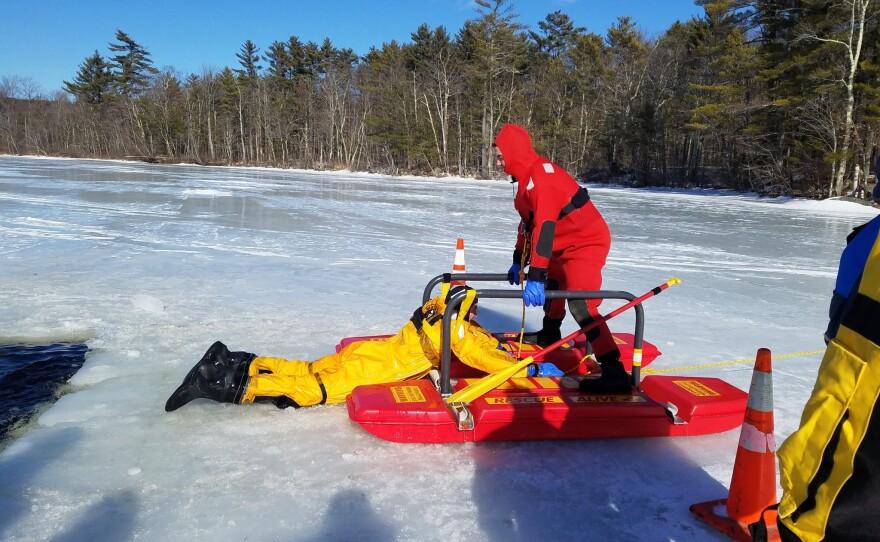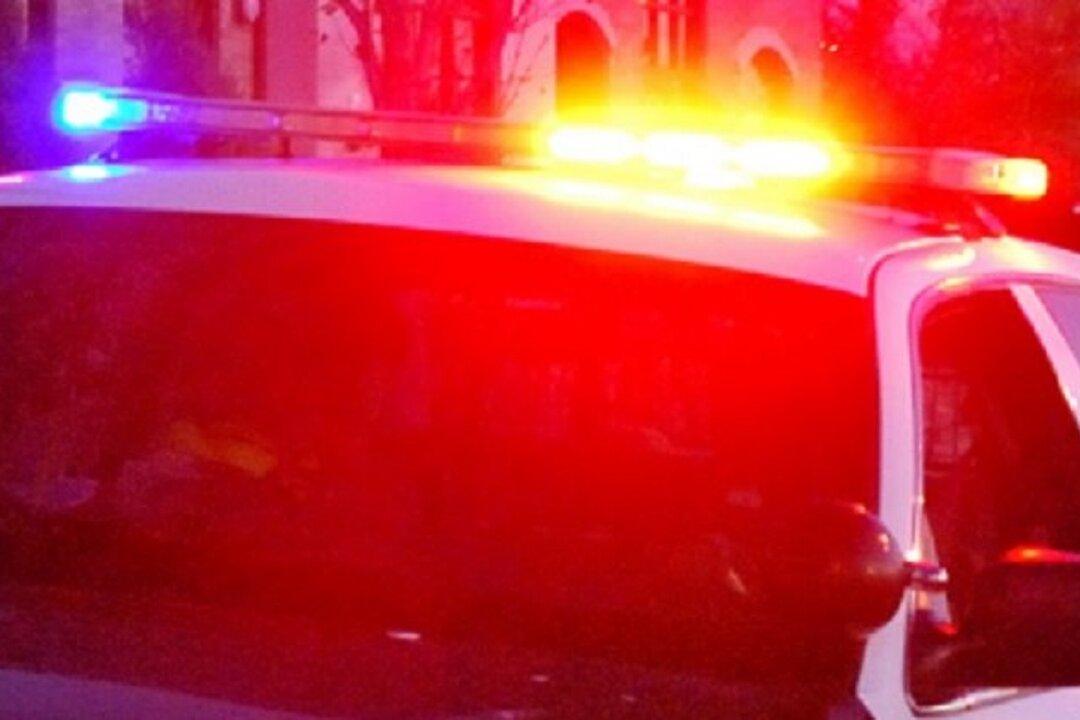General Motors’ self-driving subsidiary Cruise is recalling 300 robotaxis to update its automated driving software after one of its driverless vehicles crashed into the back of a San Francisco bus.
Cruise said in a report (pdf) with the National Highway Traffic Safety Administration (NHTSA) that the software may cause a crash because it inaccurately predicts the movement of “articulated” vehicles, such as buses, tractors, or trailers.




